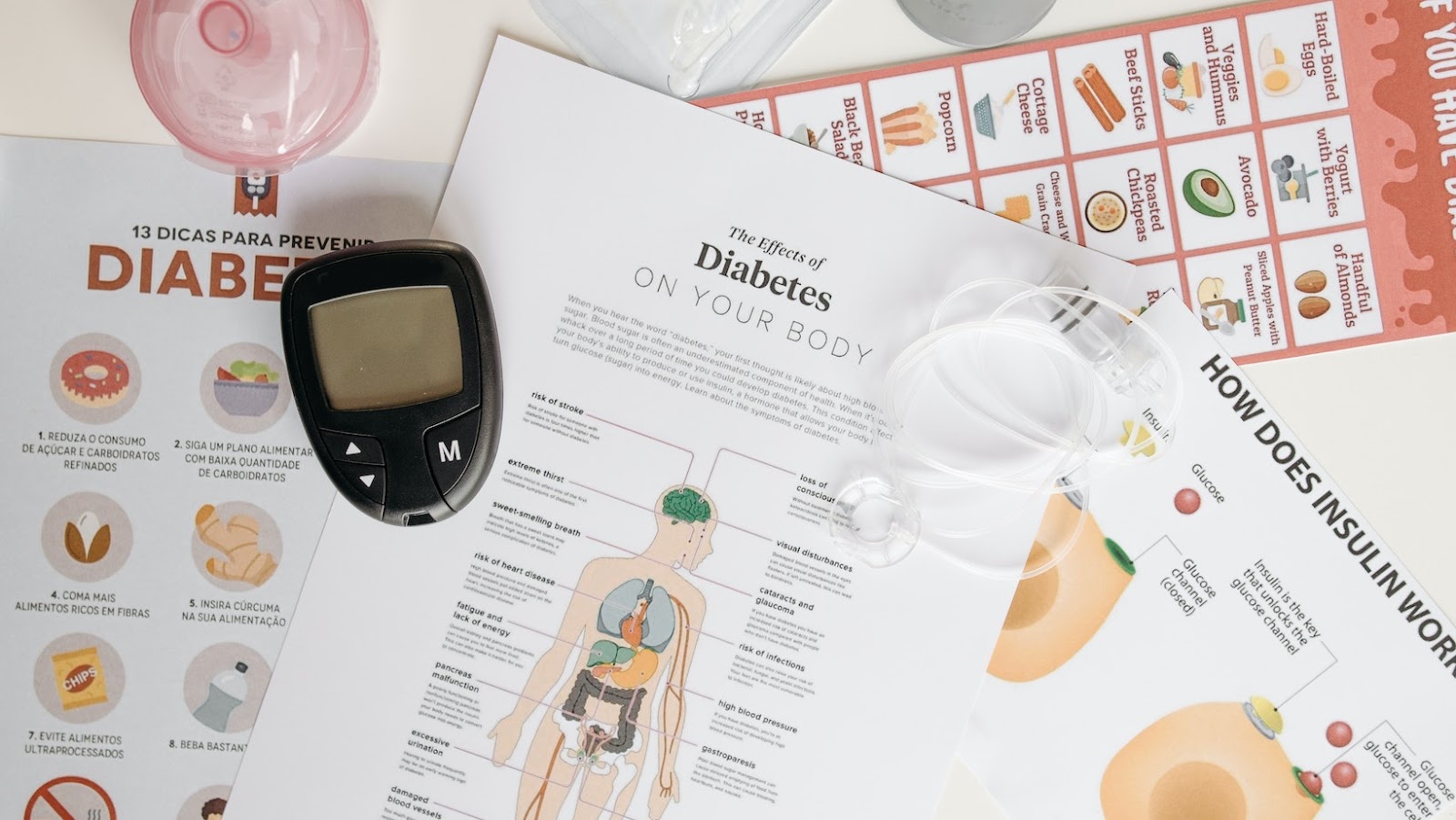
Diabetes is a complex illness with multiple genetic and environmental factors influencing it. While lifestyle factors such as diet and exercise can play a role in the development of diabetes, genetics can also contribute to a person’s risk for the disease.
Types of Diabetes and the Gene Influence
Typically, doctors classify diabetes into three types; type 1, type 2, and gestational diabetes. Each has a different genetic component:
Type 1 Diabetes
It is an autoimmune disorder in which the body’s immune system assaults and obliterates the insulin-producing cells in the pancreas. While the exact cause of type 1 diabetes is unknown, scientists believe it to be a combination of genetic and environmental factors.
Type 2 Diabetes
Type 2 diabetes, the most common kind of diabetes, is typically associated with lifestyle factors such as diet and exercise. However, genetics can also play a role in the development of type 2 diabetes.

Some genetic variants can increase a person’s risk for the disease, and family history is a known risk factor. Click here to know more.
Gestational Diabetes
As the name indicates, gestational diabetes is a type of diabetes women develop during pregnancy. Women with a family history of diabetes may have more probability of developing gestational diabetes.
Ways of Reducing the Risk of Diabetes
Maintain an Optimum Weight
Obese people are at increased risk of developing type 2 diabetes. You can significantly reduce your risk by losing excess weight and maintaining a healthy weight.
Exercise Regularly
Physical activity can help prevent type 2 diabetes by improving insulin sensitivity and lowering blood sugar levels. You should target getting a minimum of 30 minutes of moderate-intensity exercise for five days a week.
Eat a Healthy Diet
A healthy diet can help prevent or delay the onset of diabetes. Opting for high-fiber foods, such as fruits and vegetables, and whole grains can help.

According to Medical News Today, you should limit your intake of saturated fat, trans fat and sugary and processed foods.
Avoid Smoking
Smoking increases the risk of many health problems, including type 2 diabetes. Quitting can reduce your risk of developing diabetes if you smoke.
Limit Alcohol Consumption
Drinking alcohol in excess can increase your risk of developing diabetes, so you should limit your intake.
Manage Stress
Chronic stress can increase your risk of developing type 2 diabetes. Exercising, meditating, or talking to a therapist are all healthy ways of managing stress.
Get Enough Sleep
Sleep deprivation can lead to insulin resistance and increase the risk of developing diabetes. You should try to get at least seven to eight hours of restful sleep every day.
Get Regular Check-ups
Diabetes does not develop suddenly. You should consult your healthcare provider and undertake check-ups regularly to diagnose early signs of diabetes. Early detection and treatment can prevent or delay the onset of the disease.
Conclusion
While genetics can contribute to a person’s risk for diabetes, it is important to note that lifestyle factors also play a significant role in the development of the disease. Remember that prevention is the key, and making lifestyle changes now can help prevent or delay the onset of diabetes in the future.























